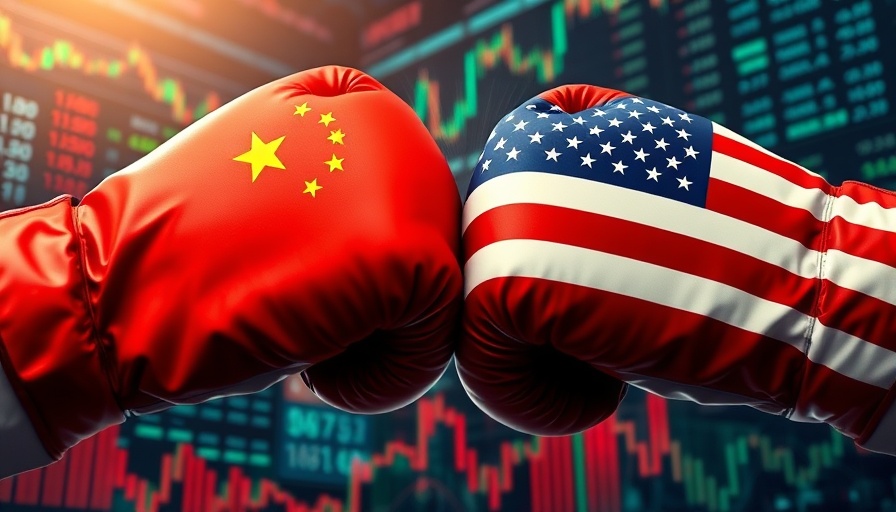
Escalation of the U.S.-China Trade War
The ongoing trade conflict between the United States and China has reached new heights, with President Donald Trump announcing an additional 50% tariff on Chinese goods. This decision comes in response to China’s counter-tariff of 34%, which the Chinese Ministry of Commerce has vowed to preserve, stating that they will “fight to the end.” As a result, the stakes are rising, and potential alterations to trade could have significant implications not just for economic policies, but for everyday consumers as well.
Impact on Consumers and Market Dynamics
The proposed tariffs could mean increased prices for a variety of goods in the American market, as higher tariffs generally lead to companies passing those costs to consumers. Products like electronics, clothing, and other essential goods sourced from China might see a spike in price, creating additional financial strain on families and individuals. On the flip side, U.S. agricultural products might face retaliation, with tariffs on soybeans and poultry exports, potentially jeopardizing farmers' incomes.
China's Countermeasures and Broader Effects
As part of its counter-strategy, China is looking into several retaliatory measures, which could include bans on U.S. products or stricter limits on service sector cooperation. These steps could effectively isolate the U.S. economically and underscore the strategic importance of trade relationships in global politics. Notably, suspending cooperation regarding fentanyl could also have serious implications given the drug crisis faced by many in the U.S.
What This Means for the Future
Looking ahead, these developments suggest a looming reality in which both nations are caught in a prolonged standoff. The tensions surrounding these tariffs hint at shifts that could reshape global commerce and influence geopolitical relations. For middle-class professionals and households seeking stability, there is a need to stay informed about how these trade dynamics may affect everyday costs and global market stability.
In conclusion, as the U.S.-China trade war continues to evolve, the full consequences on consumers and the global marketplace will unfold over time. It is essential for individuals to understand these changes and prepare accordingly, ensuring their interests and livelihoods are not adversely affected.
 Add Row
Add Row  Add
Add 




Write A Comment